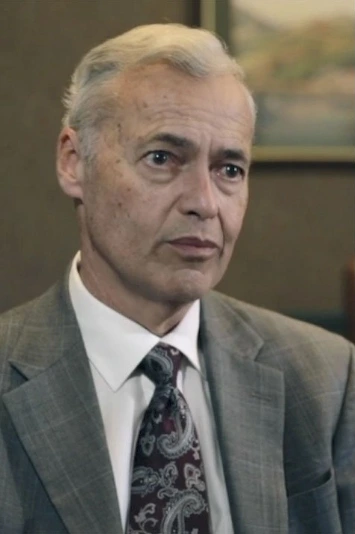Tesla Model S Fails IIHS Crash Test
Connecticut residents who are deciding whether or not to reserve or purchase a Tesla electric vehicle may be interested to learn that the Model S failed the Insurance Institute for Highway Safety’s small overlap front test. Three other vehicles within the same class, however, were given the Top Safety Pick Plus designation by the IIHS.
The small overlap front test analyzes the test vehicle’s ability to keep the driver safe should the car sustain an impact from the front driver-side corner. This test simulates, for example, a collision with a telephone pole. During collisions of this nature, the safety cage, which surrounds the driver and the passengers, should not be crushed. If the safety cage is not strong enough to withstand the impact, the driver and passengers could suffer significant crash injuries or even die. A vice president for the IIHS stated that the Model S’ safety belt was not strong enough. Further, the test dummy’s head struck the steering wheel during the impact.
Two other vehicles also did not pass this particular test. These vehicles were the Chevy Impala and the Ford Taurus. The Impala left the driver’s head partially unprotected even though the safety cage survived the impact. When it came to the Taurus, the lower leg was left completely exposed to potential injuries.
If a person becomes injured in a car crash, he or she could most likely seek compensation for injuries and other damages from the driver who caused the accident. However, if a vehicle defect or malfunction caused the accident, the injured person could also potentially hold the vehicle’s manufacturer responsible. A personal injury attorney may determine which parties could be held liable based on the evidence surrounding the incident. The attorney could negotiate with the liable driver or the manufacturer; if negotiations fall through, the case could potentially go to court.








